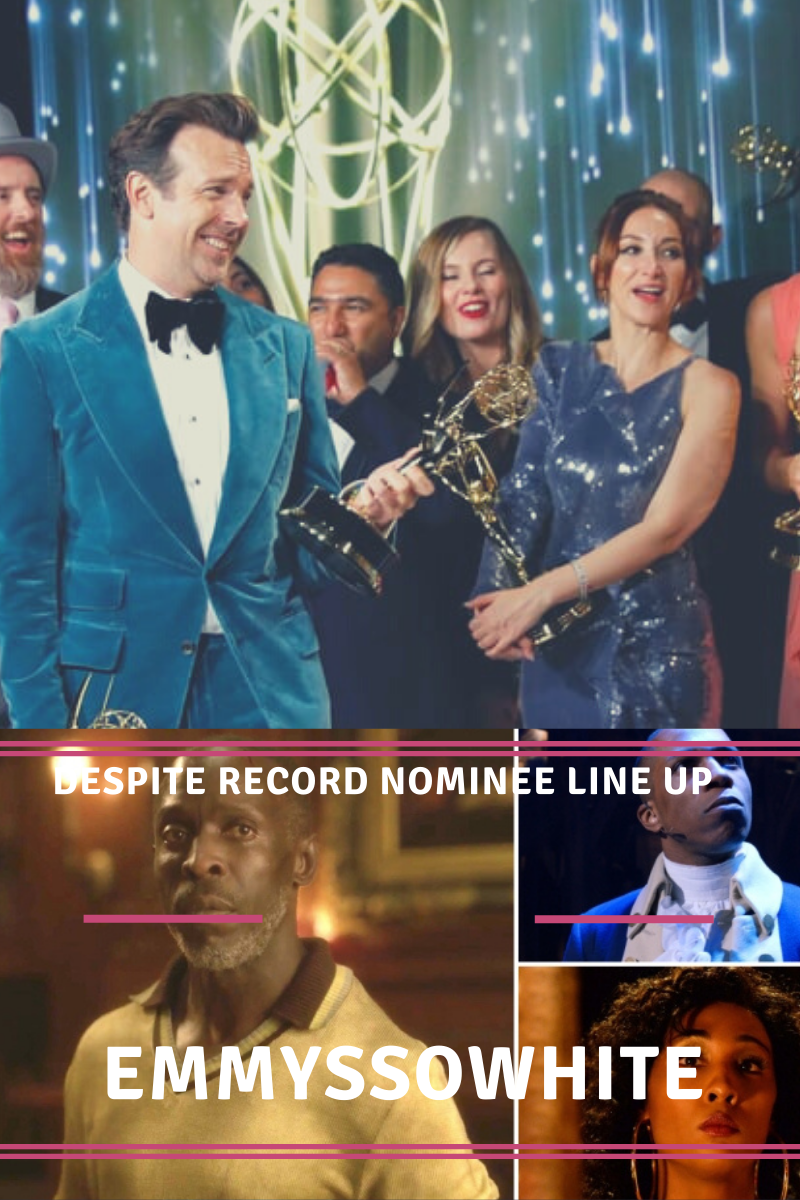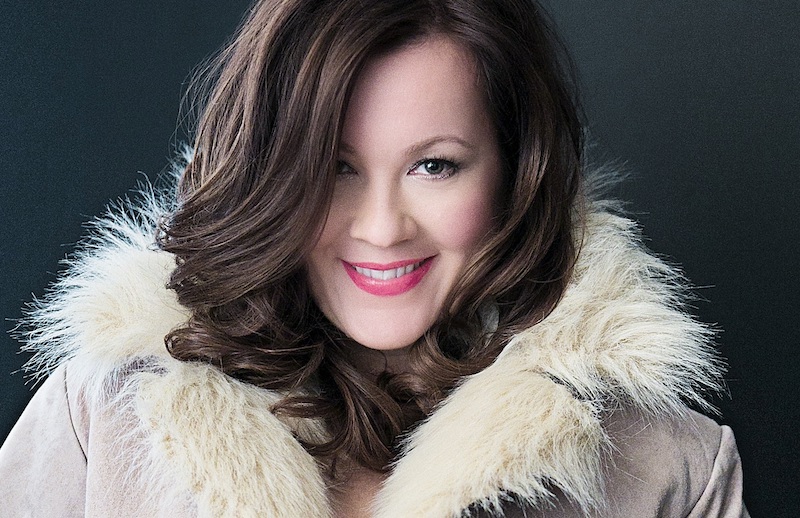BIPOC talent was well represented in the 2021 Emmy Award nominations, and Black performers performed well at the Creative Arts awards, as for the very first time in Emmy history, performers of color represented 44% of the nominations, indicating a gradual but steady increase in diversity.
Regardless of the positive upswing, the mega event was a total disappointment for viewers all around the world, as they were not expecting such results at least for this year’s awards. Emmys, just like other major awards, bestowed no major winnings upon nominees of color; all 12 acting categories were dominated by white actors, with shows like Ted Lasso, and The Crown dominating across the board.
This sends a clear message that the Television Academy does not value representation on screen as much as it claims. However, several groundbreaking moments surely took place on the night which saved this ceremony from becoming exclusively white-washed.
The night made Michaela Coel the first Black woman to win outstanding writing in a limited series or anthology film and declared RuPaul as the most decorated Black artist. Nevertheless, these two-pronged developments further highlighted the lack of diversity and under-winnings for people with BIPOC backgrounds in the other categories.
The night lost another moment to make history when it failed to make “Pose” star Michaela Jaé Rodriguez the first transgender performer to win in a lead drama category. It also disheartened viewers by not awarding Michael K. Williams for his role as Montrose Freeman in “Lovecraft Country.”
This biased approach of the Emmys didn’t go unnoticed on social media. Users, especially from the creative community, drew outrage and recorded their protests and reservations by tagging tweets to the hashtag #EmmySoWhite.
One of such users wrote on Twitter while sharing his thoughts about the Emmys, “Two awards shows in a row where recently departed Black men lost to white Brits who weren’t even present at the ceremony.”
The bias of the Emmys was also felt by academicians. In the words of Darnell Hunt, a social scientist, “It was disappointing” “It becomes a numbers game after a while. When you have 44% of the nominees that are people of color and you have 0% that win, there’s something structural going on,” he said.
However, one cannot ignore the fact that there were many wins for people of color in the technical categories at the Creative Arts Emmys. So, even when it wasn’t part of the televised or primetime awards, there was still some value in that.
This point was explained by a winner of the regional Emmy Awards 2014 in the technical category that the Television Academy has “come a long way” in recent years, “compared to eight or nine years ago when people of color weren’t winning anything.”
Such justifications, however, cannot make us ignore the fact that there lie some structural problems within the Emmys voting procedure. By taking a look at the number of television shows, and the number of products, one can surely conclude that the members of the Television Academy would not have even watched all those shows.
There were 133 dramas, 68 comedies, 41 limited series, and 41 television movies on the ballot to determine who would be nominated. The number is significantly lower than last year since the pandemic halted production and slashed voter turnout.
On the other hand, TV Academy has 20,000 members who can vote for what makes it into the Emmy competition. These members have the right to vote for as many TV shows as they want to bring them into the Emmy nomination category. They fill out the ballot by just looking at the titles, without reading or watching anything about that show.
And for the final winnings, some members with the right to vote got too many shows to consider, and we know that nobody has time at this age to watch so many TV shows. So, it becomes a contest of marketing and popularity rather than quality and talent. The shows that spend more money to advertise and market their products are more likely to catch the attention of voters, and so make it to the top.










